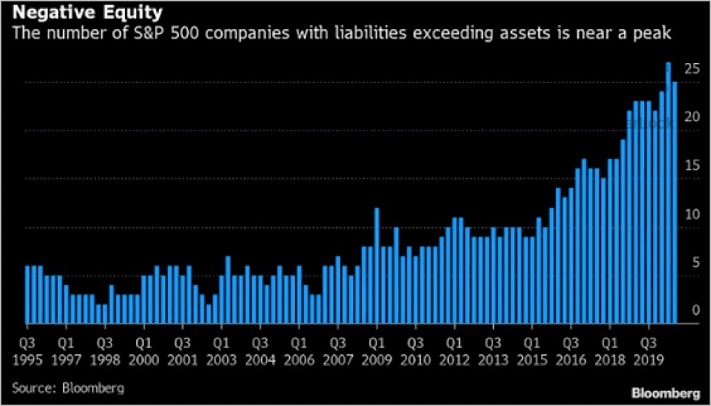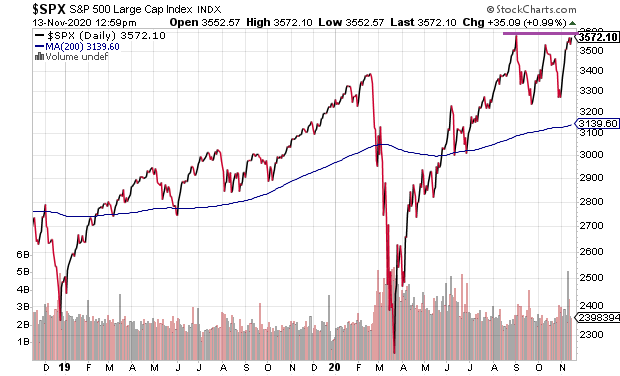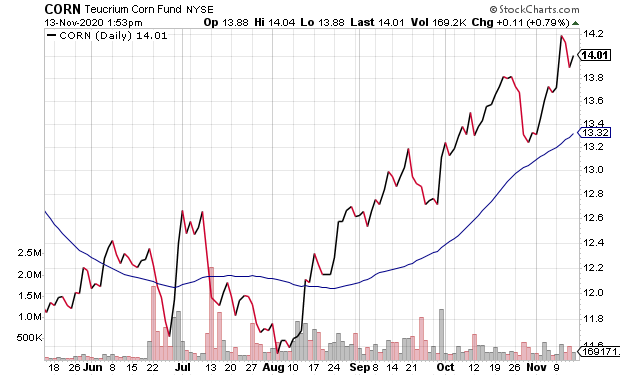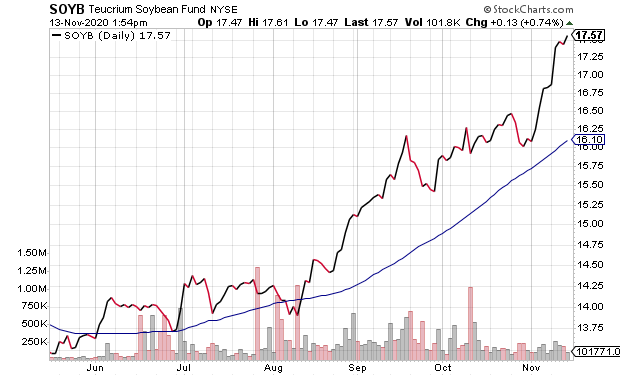What if your family owed more than it owned? You could get by for a while. You could “rob Peter to pay Paul.” Eventually, though, persistent negative net worth would likely result in a declaration of bankruptcy.
The same holds true for corporations. The Federal Reserve may be able to provide a lifeline or three for cash-strapped businesses. Yet, sooner or later, companies that overborrow and under-deliver seek bankruptcy protection. And when that happens, stock shares become virtually worthless.
It’s worth noting that many entities have already folded. Bankruptcy filings in 2020 have reached levels last seen in the aftermath of the Great Financial Crisis.

Equally disconcerting? A record percentage of large S&P 500 corporations are operating with negative net worth.

Debt concerns notwithstanding, the investment community continues to push the S&P 500 toward new heights. It is almost as if the promise of endless stimulus (e.g., Federal Reserve rate manipulation, federal government financial support, etc.) coupled with the promise of vaccination trumps revenue and profitability.

Trillions upon trillions in money printing government stimulus can reflate assets like stocks and real estate. On the other side, it is inflating commodities like corn, soybeans, precious metals and industrial metals.


The big difference? Commodities are just beginning to inflate. Whereas stock, bond and real estate prices are frothy, commodities may represent the only value proposition in the “Everything Bubble.”
Would you like to receive our weekly newsletter on the stock bubble? Click here.
